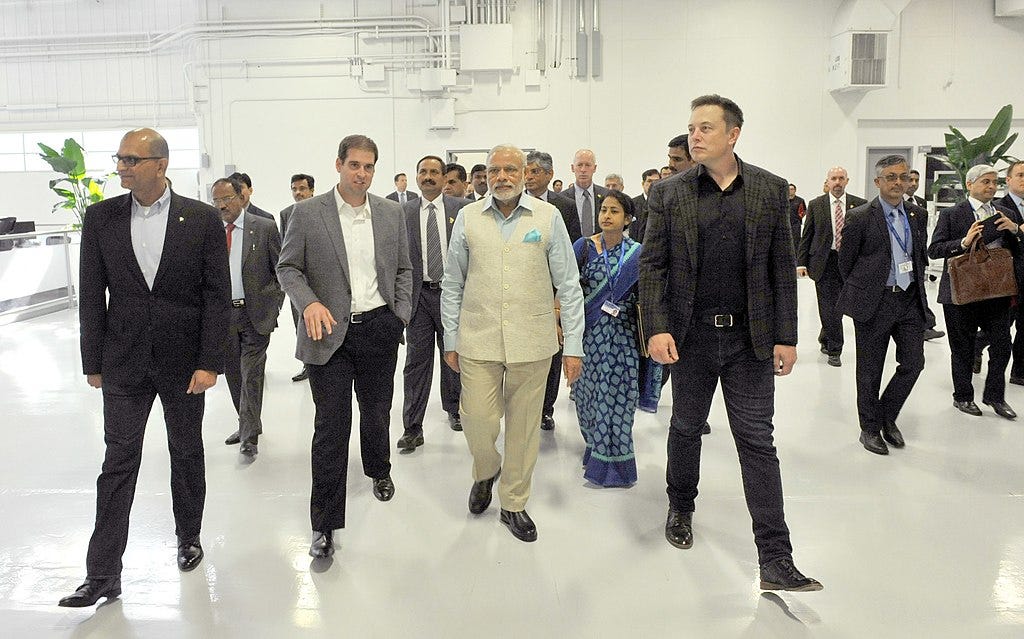Trump Isn't the Biggest Issue in Platform Censorship. It's a Global Problem.
The censoring of a Modi documentary shows how platforms aren't ready for free speech outside the U.S.

This past week, Meta announced it was allowing Donald Trump to use his Facebook account again. (He…


